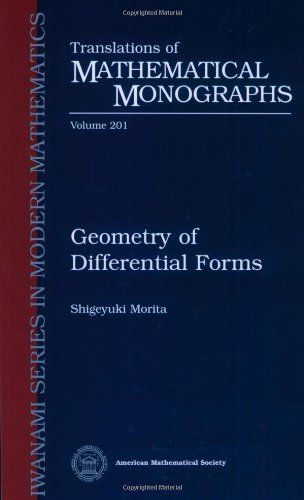
Geometry of Differential Forms
Since the times of Gauss, Riemann, and Poincare, one of the principal goals of the study of manifolds has been to relate local analytic properties of a manifold with its global topological properties. Among the high points on this route are the Gauss-Bonnet formula, the de Rham complex, and the Hodge theorem; these results show, in particular, that the central tool in reaching the main goal of global analysis is the theory of differential forms. This book is a comprehensive introduction to differential forms. It begins with a quick presentation of the notion of differentiable manifolds and then develops basic properties of differential forms as well as fundamental results about them, such as the de Rham and Frobenius theorems.The second half of the book is devoted to more advanced material, including Laplacians and harmonic forms on manifolds, the concepts of vector bundles and fiber bundles, and the theory of characteristic classes. Among the less traditional topics treated in the book is a detailed description of the Chern-Weil theory. With minimal prerequisites, the book can serve as a textbook for an advanced undergraduate or a graduate course in differential geometry.